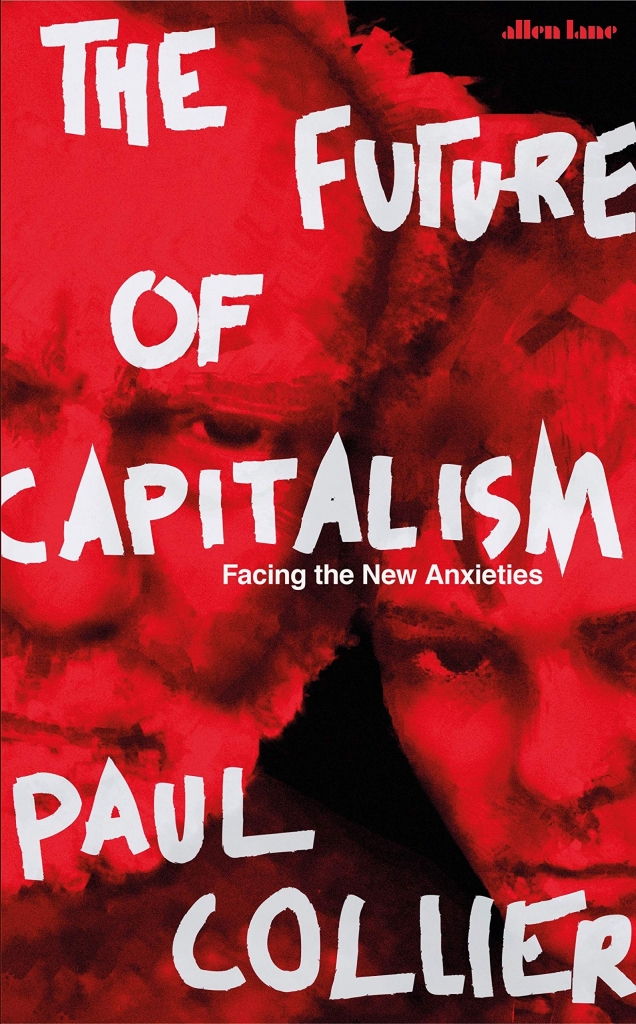
From world-renowned economist Paul Collier, a candid diagnosis of the failures of capitalism and a pragmatic and realistic vision for how we can repair it.
Deep new rifts are tearing apart the fabric of the United States and other Western societies: thriving cities versus rural counties, the highly skilled elite versus the less educated, wealthy versus developing countries. As these divides deepen, we have lost the sense of ethical obligation to others that was crucial to the rise of post-war social democracy. So far these rifts have been answered only by the revivalist ideologies of populism and socialism, leading to the seismic upheavals of Trump, Brexit, and the return of the far-right in Germany. We have heard many critiques of capitalism but no one has laid out a realistic way to fix it, until now.
In a passionate and polemical book, celebrated economist Paul Collier outlines brilliantly original and ethical ways of healing these rifts—economic, social and cultural—with the cool head of pragmatism, rather than the fervor of ideological revivalism. He reveals how he has personally lived across these three divides, moving from working-class Sheffield to hyper-competitive Oxford, and working between Britain and Africa, and acknowledges some of the failings of his profession.
Drawing on his own solutions as well as ideas from some of the world’s most distinguished social scientists, he shows us how to save capitalism from itself—and free ourselves from the intellectual baggage of the twentieth century.
Hvorfor peker de økonomiske pilene nedover i Norge? I 2013 hadde vi den beste kombinasjonen av velstand, helse og lykke i verden. Så ble vekst . . .
Scandinavian countries have been praised for their high levels of welfare provision and their economic and social outcomes. It is true that they are successful . . .
Dette er en veldig oppklarende bok og det er ikke vanskelig å se for seg at andre som snakker fornuftig om økonomi, geografi, historie og . . .
Thing 1: There is no such thing as free market.Thing 4: The washing machine has changed the world more than the Internet.Thing 5: Assume the . . .
Brilliant and engagingly written, Why Nations Fail answers the question that has stumped the experts for centuries: Why are some nations rich and others poor, . . .
“If [ The End of Alchemy ] gets the attention it deserves, it might just save the world.” ―Michael Lewis, Bloomberg View Something is wrong . . .
In this highly readable and thought-provoking work, Nick Dyer-Witheford assesses the relevance of Marxism in our time and demonstrates how the information age, far from . . .
We are well aware of the rise of the 1% as the rapid growth of economic inequality has put the majority of the world’s wealth . . .
Thomas Pikettys bog «Kapitalen i det 21. århundrede» handler om økonomi, kapitalisme, ulighed, meritokrati og demokrati. Med «Kapitalen i det 21. århundrede» har Thomas Piketty . . .